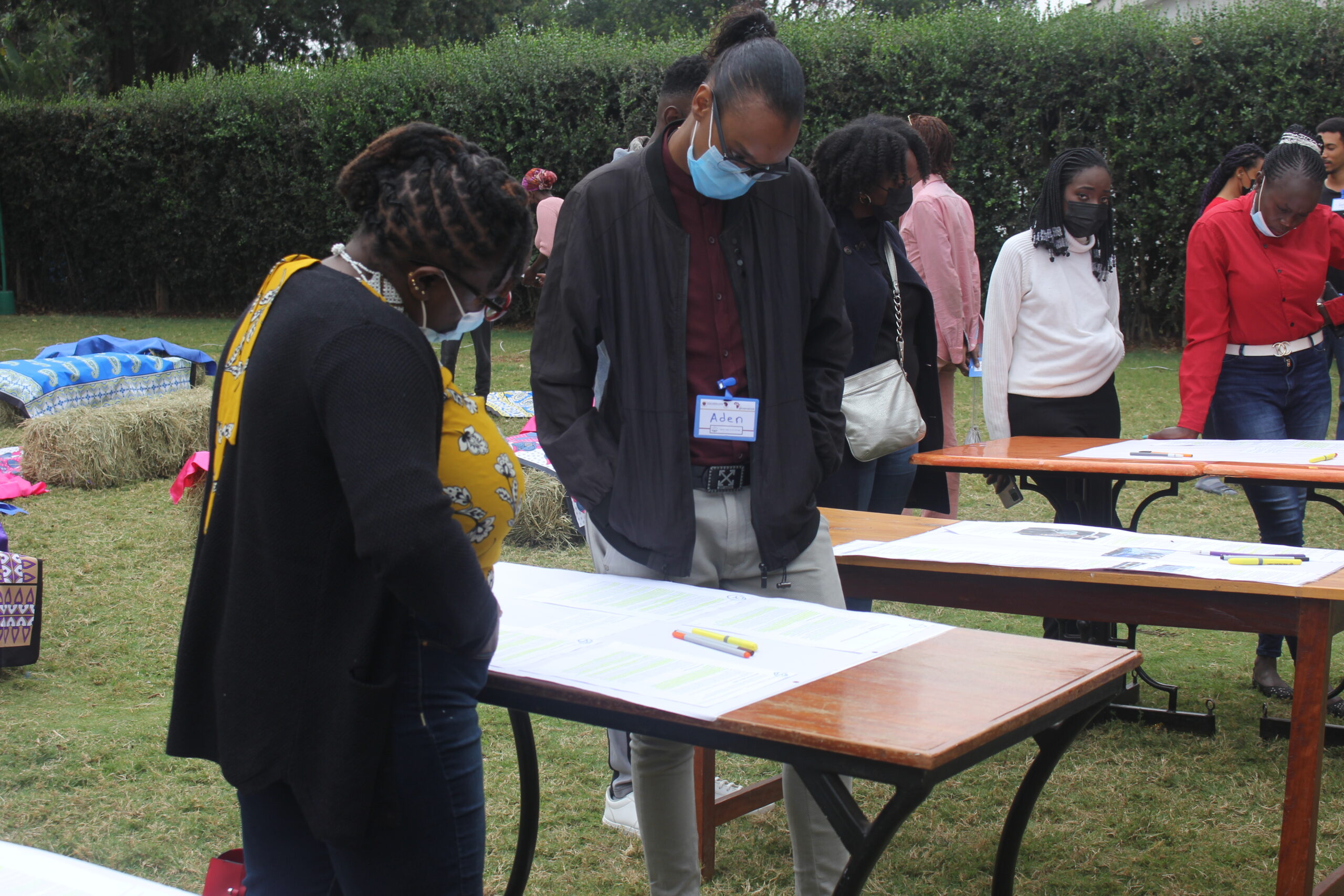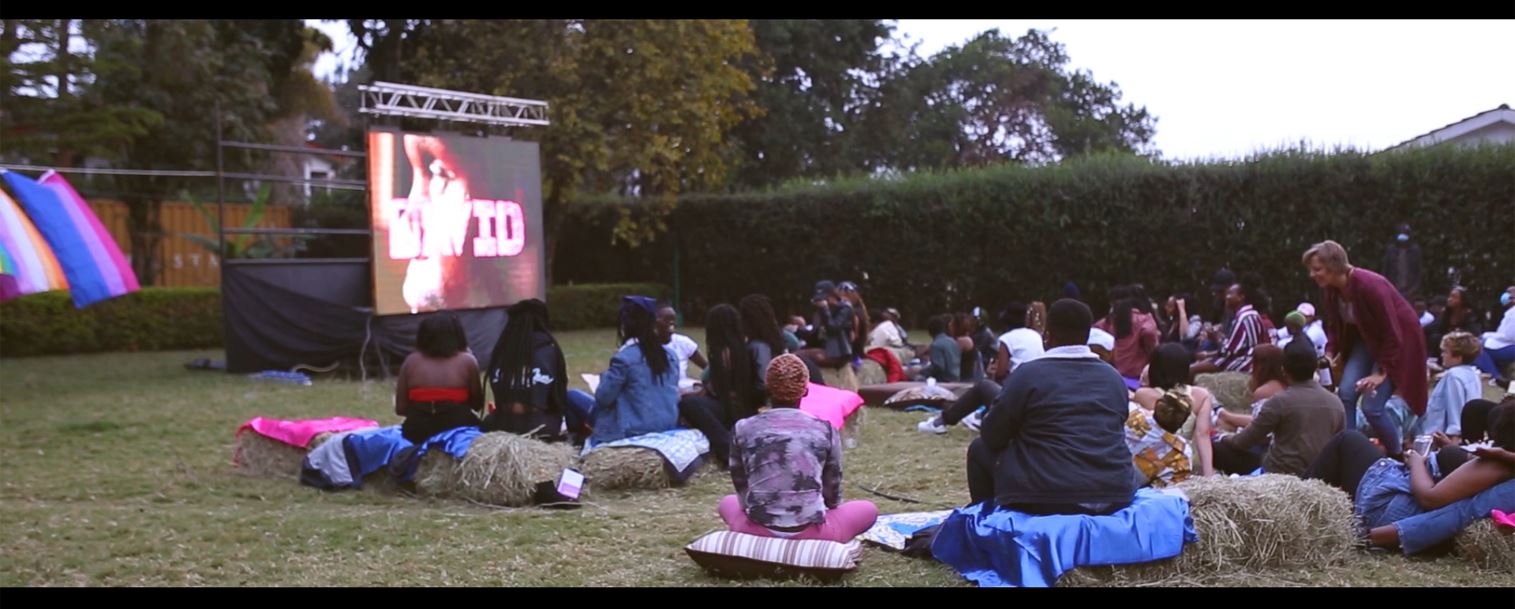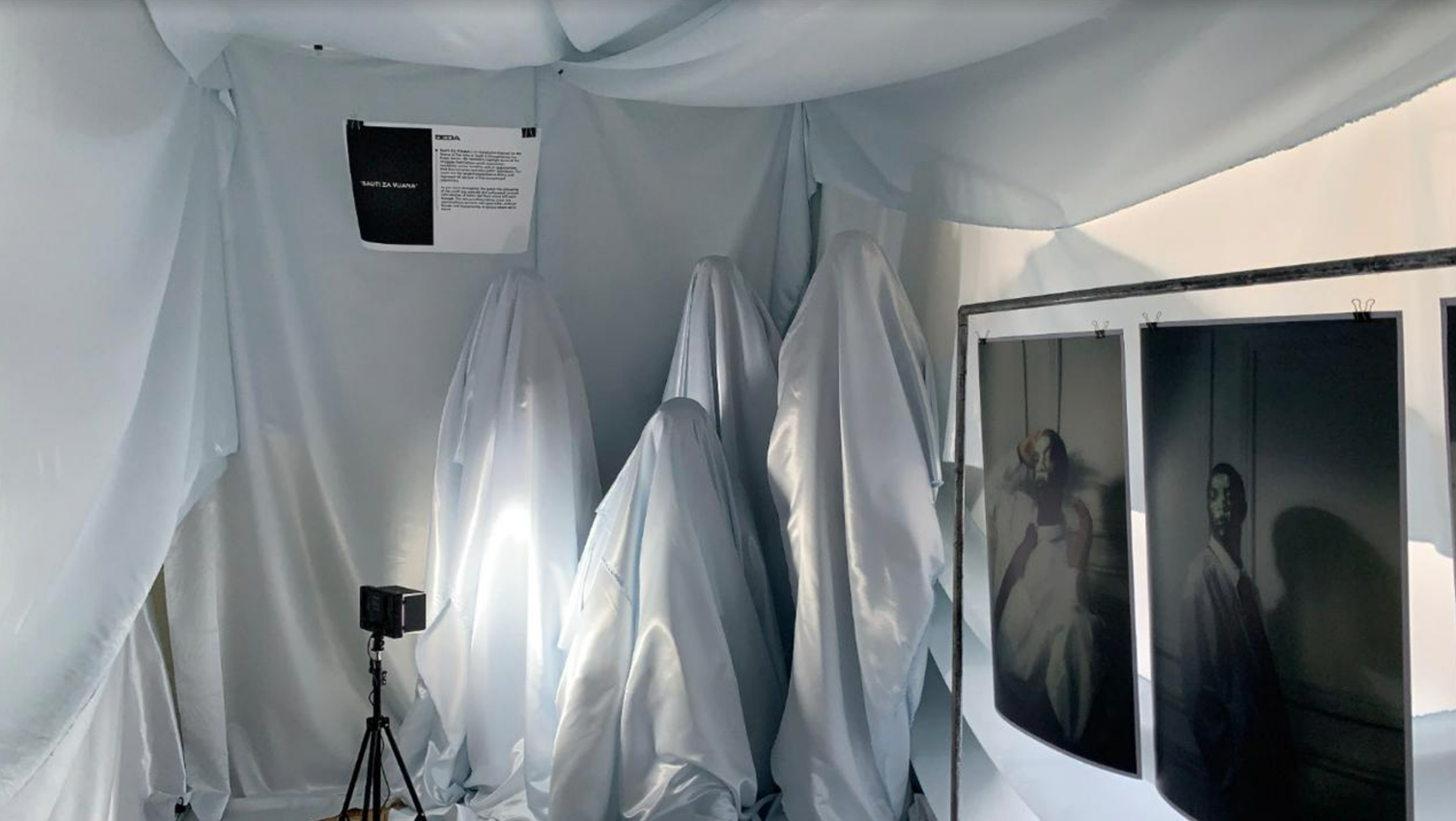Okong’o Kinyanjui is a 2021 Echoing Green Fellow and the co-founder and executive director of Queer African Network, a comprehensive digital information hub that globally crowdsources opportunities, transnational alliances, and affirming content for LGBTQI+ persons of African heritage. Echoing Green asked Okong’o about his vision for queer Africans, how his organization is continuing to grow and scale to meet the needs of his community, and his advice for emerging leaders interested in applying for the Echoing Green Fellowship.
Let’s start with an Echoing Green favorite. What was your “moment of obligation” in starting Queer African Network (QAN)?
Growing up in Kenya, I experienced first-hand the life-threatening isolation that comes from battling daily systemic oppression. Due to the colonial 14-year imprisonment penalty, LGBTQI+ Kenyans are discouraged from being visible, which prevents mobilization, advocacy, and resource sharing. Virtual networks saved and sustained me until I found acceptance in my immediate environment. QAN was born out of wanting to extend this lifeline to others. The queer virtual communities that my co-founder, Nerima Makhondo, and I have been a part of have saved my friends from suicide, helped them find housing, and work together to solve issues. Ultimately, I am committed to this work because our lives depend on it.
What is the mission and goal of the Queer African Network?
QAN’s mission is to ensure that every queer African on the continent and in the diaspora has access to the resources and social connections to self-actualize.
We link the life-threatening isolation that queer Africans face to colonialism and capitalism. Both systems have always intersected in ways that privilege certain groups of society at the cost of others. Colonial penal codes threaten to imprison queer Africans, often preventing us from being visible to each other and from mobilizing. At the same time, because of capitalism, queer people are forced to believe that achieving social and economic mobility requires abandoning their identity and those like them.
QAN is challenging the core tenants of capitalism that are rooted in rugged individualism, capital accumulation, and competition by creating behavioral and systems-level changes that prioritize community, collaboration, and resource sharing. Additionally, QAN aims to change the narrative that queer Africans aren’t and can’t be participants in our societies. Through our platform, we aim to empower our users to participate in spheres of life they previously did alone, with the communal support at QAN.
The Queer African Network is a revolutionary medium that connects queer Africans across the diaspora to support each other, access opportunities, and advocate for change. Can you talk about your decision to make this an explicitly global platform?
Our decision to explicitly make our platform global comes at a time when we are witnessing continent-wide mobilization by queer people. We are planning to become the primary tool used for coalition-building and resource flows.
In the last decade, we’ve seen a wave of decriminalization of same-sex intimacy across Africa. And while there is admirable work happening to rid of queerphobic colonial penal codes, there isn’t much happening to focus on the self-actualization of queer Africans. Nearly all queer organizations on the continent focus solely on legal and healthcare access for our community but barely any focus on helping queer Africans gather the resources they need to succeed with their social and professional ambitions.
My co-founder and I have spent years building queer communities in Canada, the U.S., and the African continent, which makes us deeply familiar with the history and context of systemic inequities facing queer Black communities in the diaspora— as well as the positive impact of connecting the diaspora with queer communities on the continent through knowledge production, mutual aid, resource sharing, and so much more.
Our platform has helped promote and connect fundraisers by Zimbabweans, gatherings in Vancouver, queer-owned businesses in Kenya, and banned films made in Uganda. By approaching our work with a global lens, we address the interlocking systems of oppression that impact queer Africans worldwide.


